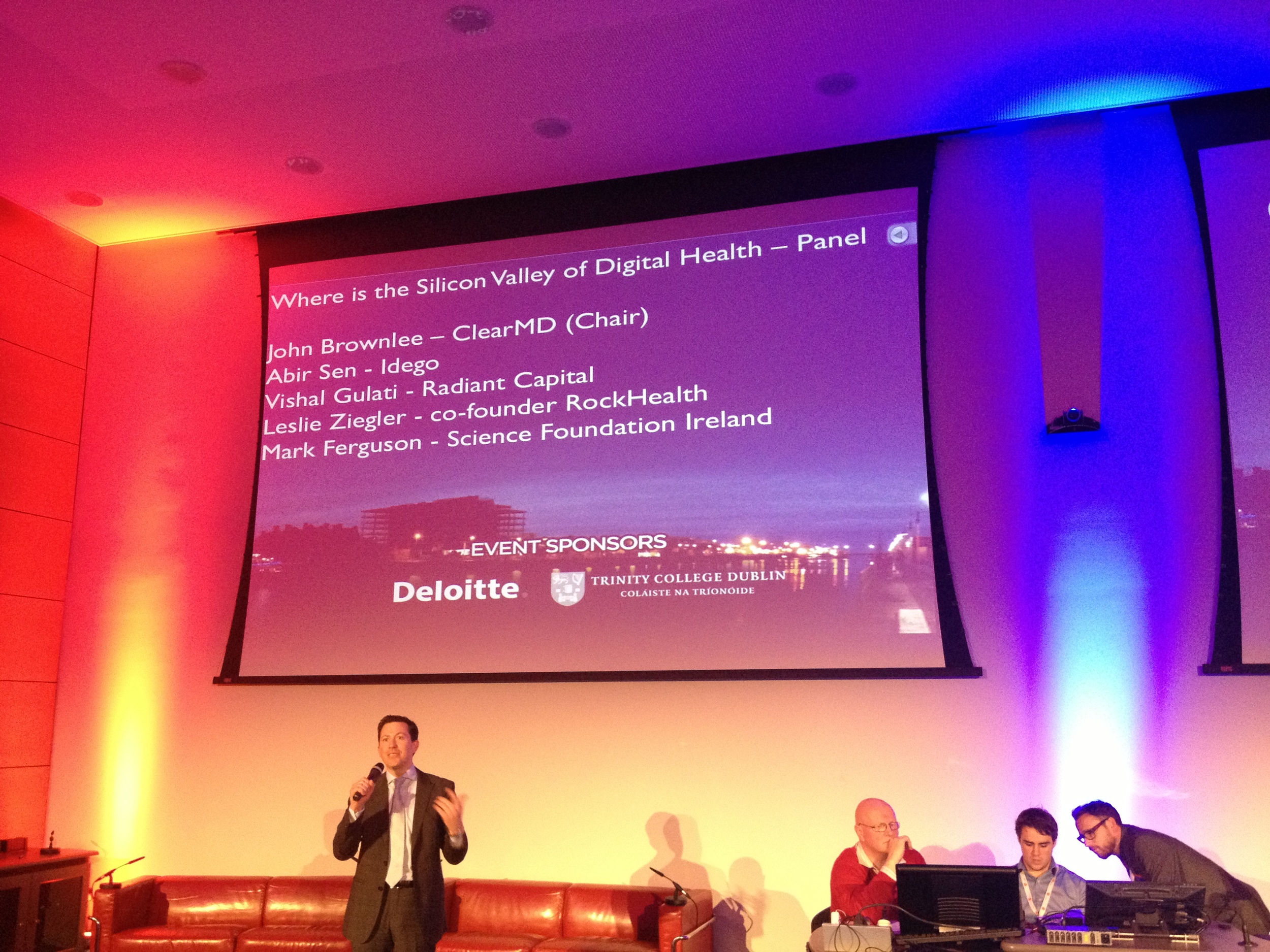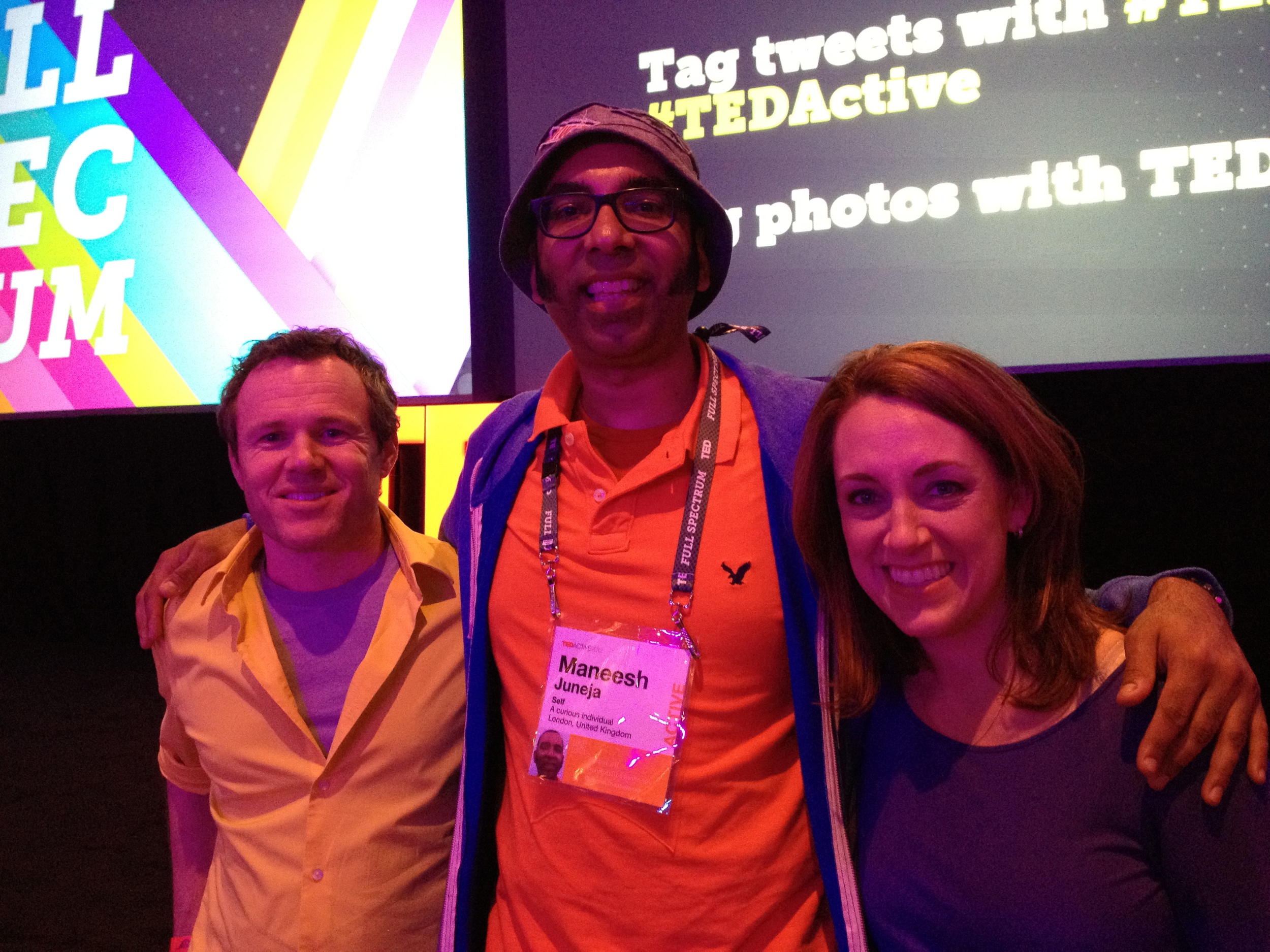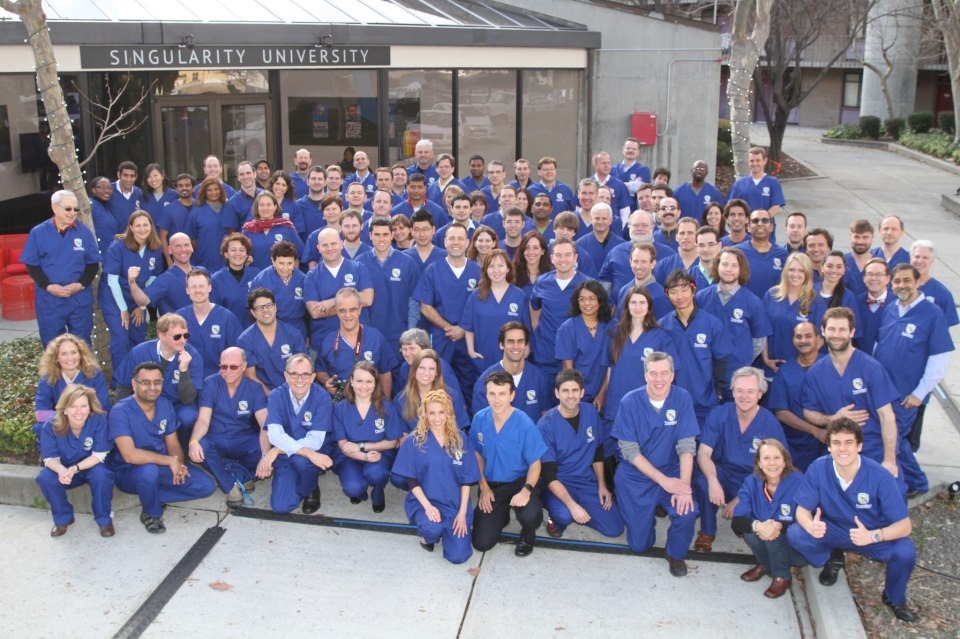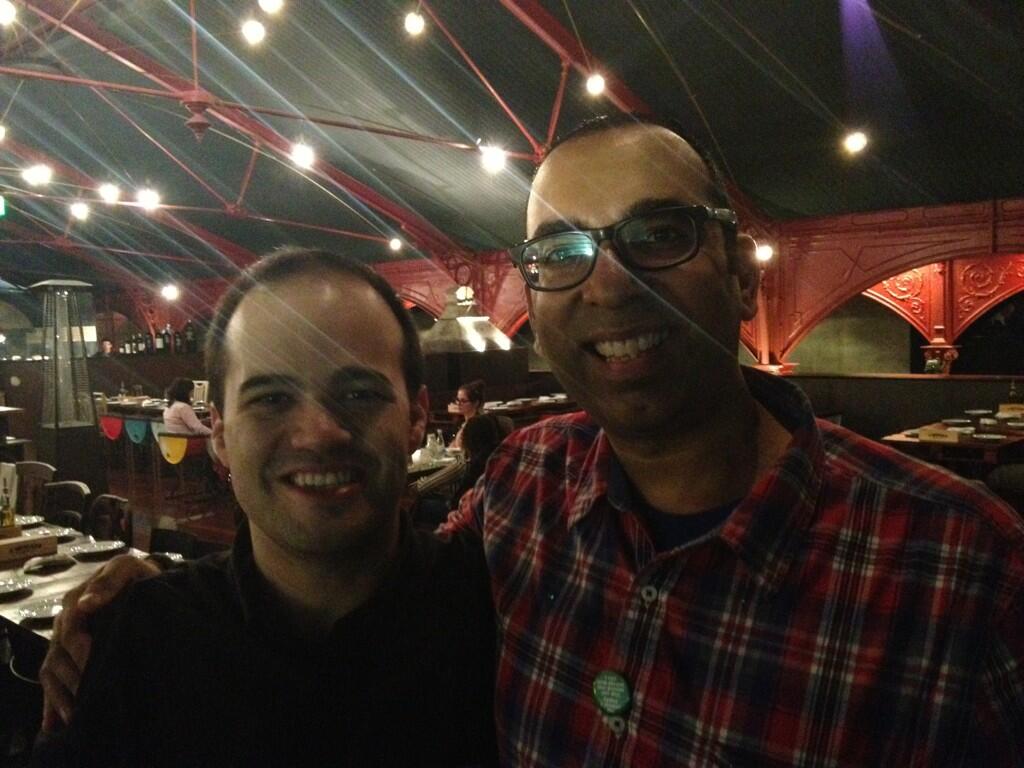I'm a geek, not a terrorist
So, I was travelling by 'tube' in London yesterday (subway for my American readers), and I was wearing a biosensor strapped to my forehead. If you've been to London, you'll know that people shy away from making eye contact on the tube. As the doors to the carriage were closing, I heard the announcement over the PA system, something about 'report any signs of suspicious behaviour'.
It's then that I became aware that other passengers were looking at me with a mix of curiosity, apprehension and bewilderment. Now, for those in the Digital Health arena that know me well, me walking around with some kind of gadget strapped to my head is 'normal'. I certainly don't even think twice about it.
Wearing my Truesense biosensor
Wearing my Neurosky Mindwave headset
Fear of the Unknown
Maybe I need to do what photographers did a few years back and wear a t-shirt that says 'I'm a GEEK, not a terrorist"? Or should I be wearing my biosensor under a headband?
Misuse of 'wearable computing'?
In the future, what if technology such as Google Glass is 'misused' by someone who wishes to harm society? Will it cause the public to be suspicious of wearable computing? Will it lead to a knee jerk reaction from governments and legislators? What if manufacturers design products that integrate with how we currently dress?
Yesterday, I was also wearing a MeCam.
Taken with a pen to show you just how small the MeCam is
It was switched on, I simply wanted to see if anyone noticed that I was wearing a video camera capable of recording 2 hours of HD video. Not one person I met realised what it was. One person thought it was something to do with my headphones. They were surprised when I told them what it was. [Note: I deleted any footage I captured in this experiment]
How will society respond?
Now I'm thinking, as these technologies become cheaper and potentially integrated into our everyday clothing, how will we know who is wearing a jacket that contains a wearable computer and who doesn't?
If someone is wearing a sensor that is monitoring their own body, could that sensor also monitor other people's bodies without their consent? Who owns that data? Do we get the chance to practice 'informed consent'? [Note: A video also counts as data]
From a moral standpoint, should I be walking around with a note on my shirt saying, "Warning: You are being recorded on video"?
However, it got me thinking, how do others (who are not in the Digital Health arena) perceive me?
It was a hot and humid day, a brown skinned man walks into the carriage, with what looks like a microchip on his forehead, and he's perspiring heavily [Note: the 'tube' in London has no air conditioning]. Would people stop to ask me, so "Recording your EEG brain waves again are you, mate?" or would they assume it's some kind of trigger for an explosive device, and possibly report me to the authorities as a potential terrorist?
Reflecting on the wider issue here, with the rise of wearable computing (not just in Digital Health), how will the general public perceive early adopters who are wearing all sorts of gadgets, sensors and devices?
What are the implications for our security and privacy?
[Disclosure: The author has no financial relationships with any of the companies mentioned in this blog post.] Thanks to Pritpal S Tamber for taking the picture of me and for taking part in my experiment.






















